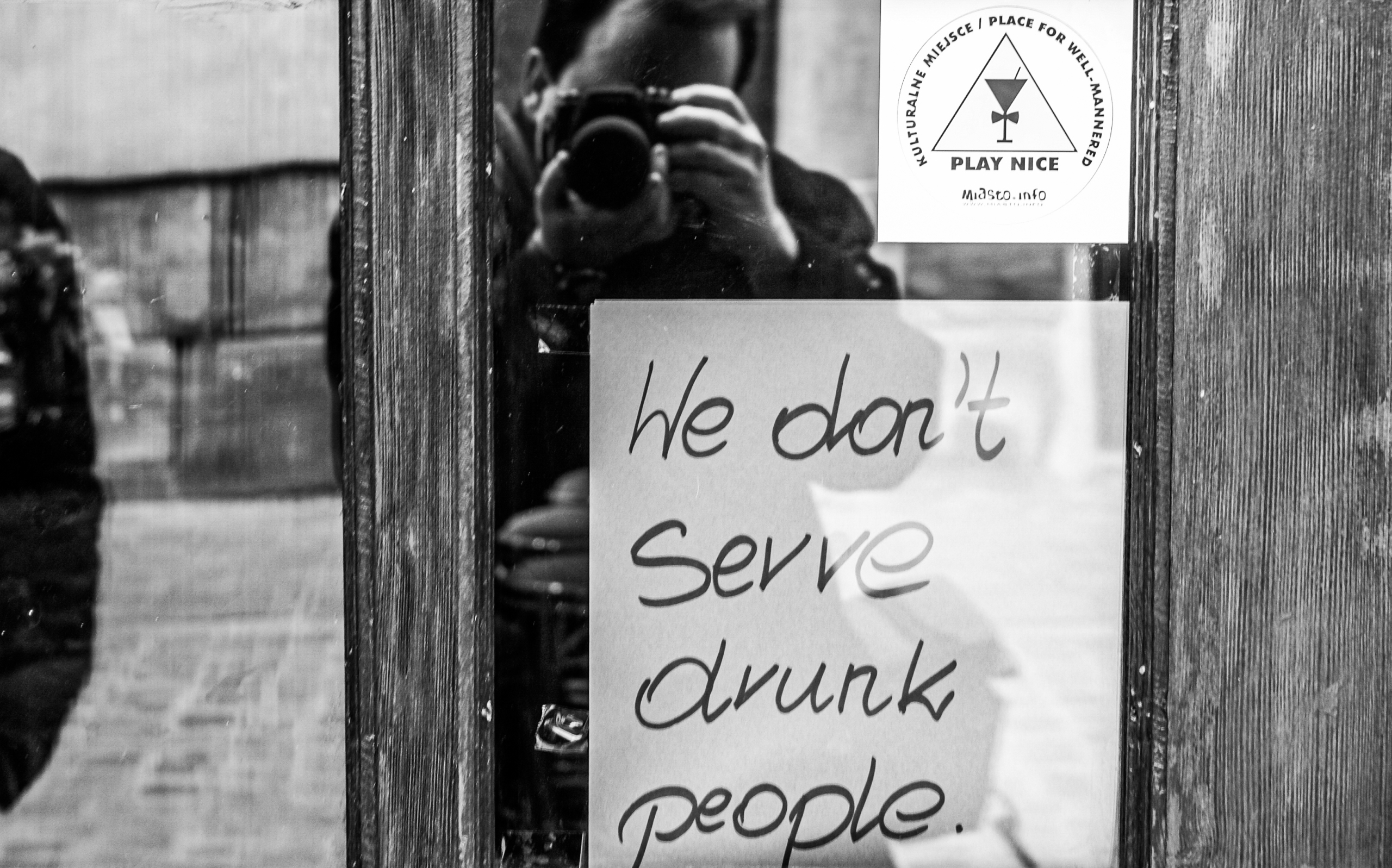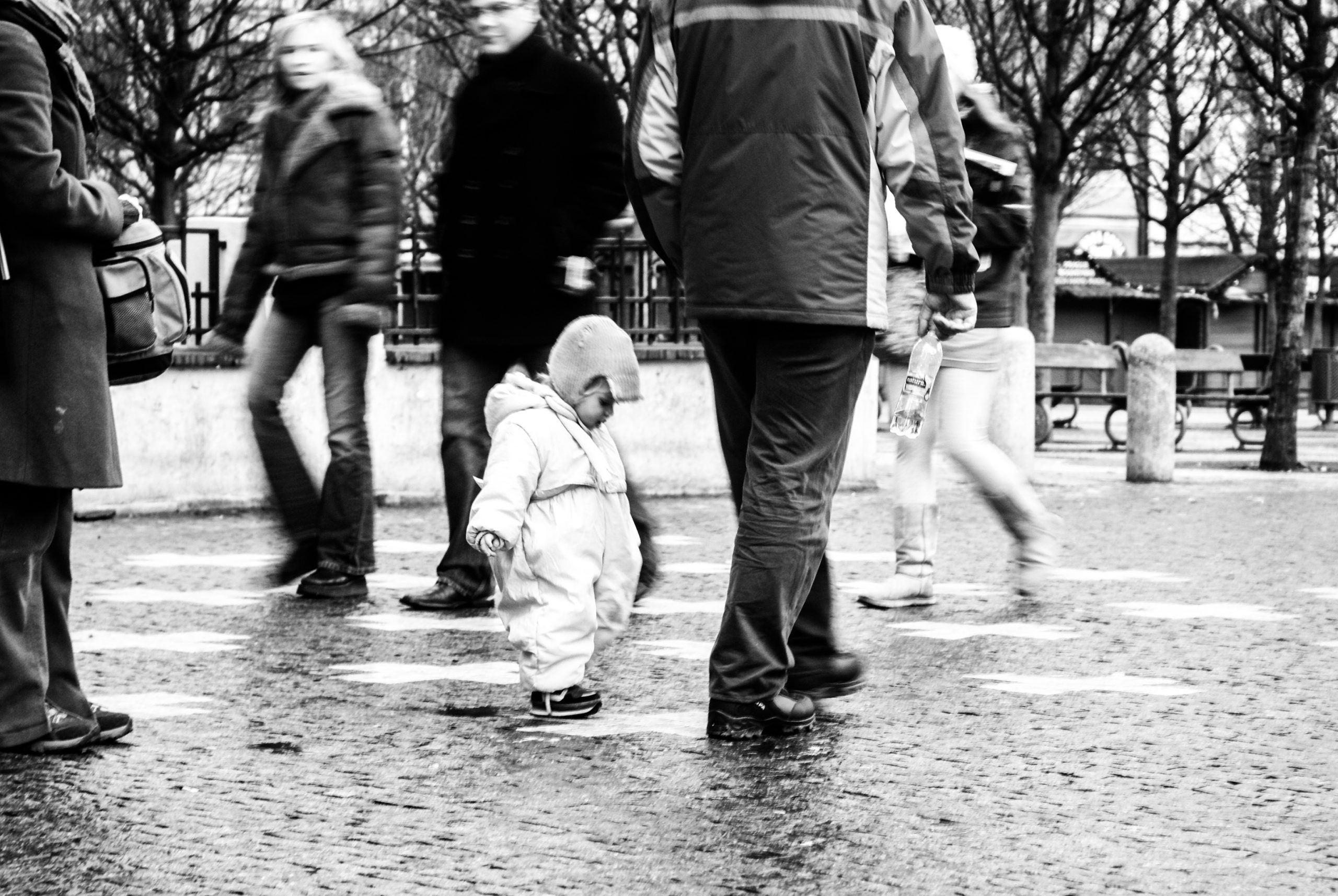A morte de Milan Kundera me trouxe à memória o quanto ele detestou a adaptação americana de ‘A Insustentável Leveza de Ser’, filme de 1988 baseado em seu livro de 1984.
Posts tagged "leste europeu"
Memórias alfas de uma guerreira
Esse autorretrato é a única lembrança que tenho da minha primeira câmera digital de verdade, a Sony Alpha-100, uma guerreira que passou por mil e uma presepadas ao meu lado, no frio e no calor, nas chamas do coquetel molotov e nas rajadas de neve do Leste Europeu.
O planeta empatia e o conflito entre Rússia e Ucrânia
Quinze anos atrás, passei quase dois anos convivendo e compartilhando com tanta gente da Ucrânia, Rússia e todo o Leste Europeu. Isso não me faz especialista em geopolítica, muito menos avalista de conflito bélico, mas infelizmente me aproxima de pessoas que passei a querer muito bem e que me ensinaram muito, mas muito mesmo.
Things I will miss
Paulo Rebêlo The Budapest Sun – 13.junho.2007 link original After almost one year living in Budapest, if someone asks me to make a list of what I have learned or… Continue reading
The ties of bureaucracy
Paulo RebêloThe Budapest Sun – 09.maio.2007 – link original Excessive bureaucracy is part of eastern Europe folklore. You will always find yourself in a situation when a bureaucrat is behind… Continue reading
Bucareste combina caos e bons empregos
Bucareste é sitiada por propagandas gigantescas, trânsito caótico e construções por toda a parte. Considerada o elefante branco da Romênia, a capital possui os mais baixos níveis de desemprego do… Continue reading
Presidente da Romênia cai, em nova crise no Leste Europeu
Traian Basescu é afastado pelo Parlamento logo depois de o país ingressar na UE. De língua afiada e popular entre os pobres, chefe de Estado eleito foi acusado de abuso… Continue reading
Budapest: the little giant
Paulo Rebêlo The Budapest Sun – 14.mar.2007 Is Budapest a big city? It depends on whom you ask. One of the demographic oddities of Latin American countries is the general… Continue reading
The Budapest Billing Game
Paulo Rebêlo The Budapest Sun – 14.fev.2007 – link original You have just finished a delicious duck breast with croquette potatoes. You are feeling good after the nice wine, directly… Continue reading
Oh, for the love of Gábor!
Paulo Rebêlo The Budapest Sun – 21.dezembro.2006 link original The holiday season is a time when people get along more, cherish each other and even find themselves to be a… Continue reading
Hungria se despede do irmãozinho
Paulo RebêloFolha de S. Paulo – 18.nov.2006 (link original) BUDAPESTE – A morte de Ferenc Puskas, chamado de Öcsi (irmãozinho) pelos húngaros, causou grande mobilização ontem em Budapeste, com autoridades… Continue reading
Heaven turns in on itself – opinion
The Budapest Sun – 09.nov.2006 ( link original ) I’ve already seen many dead bodies in my life. I’ve played pool with convicted murderers. I’ve seen a guy being stabbed… Continue reading


